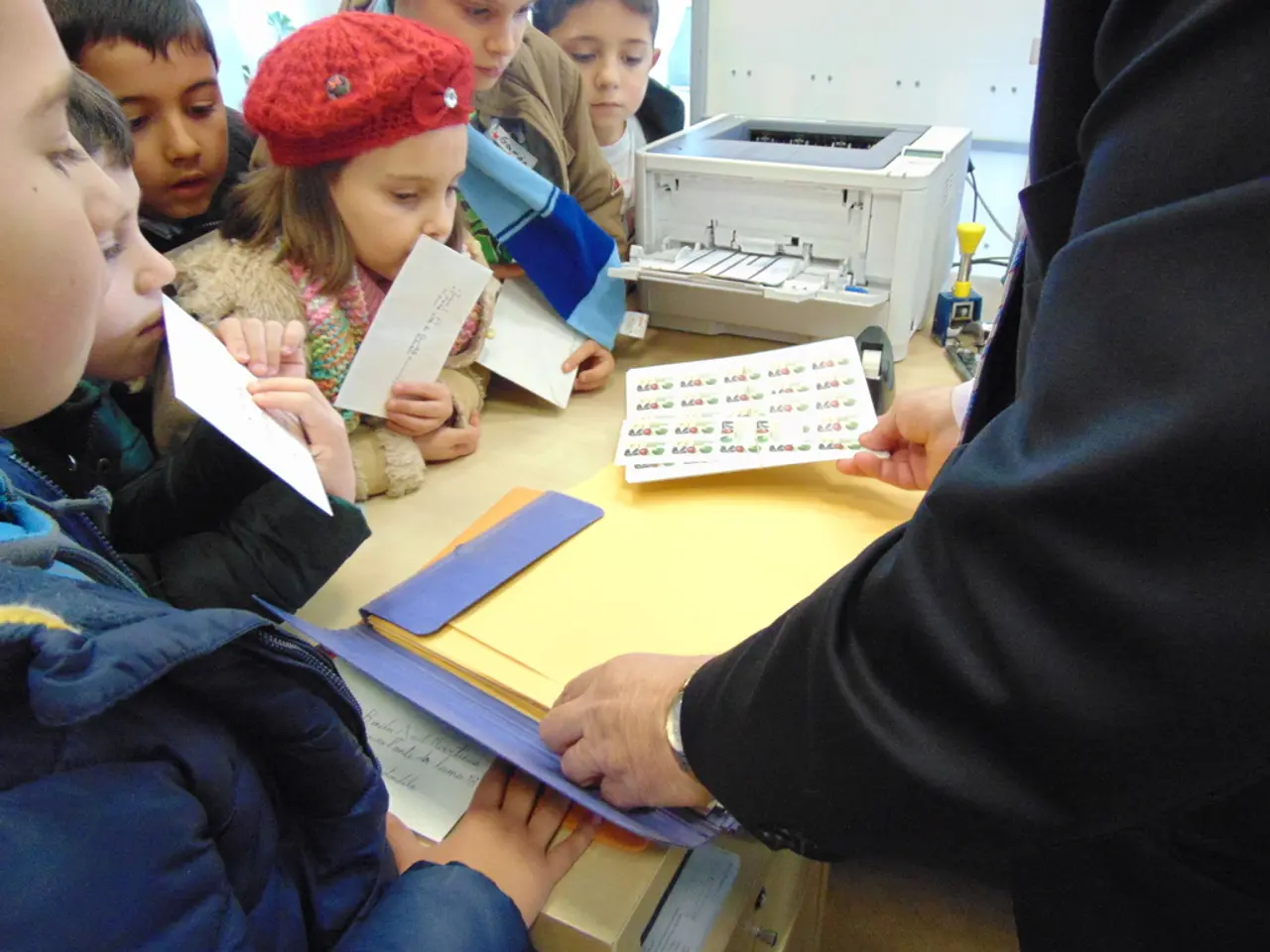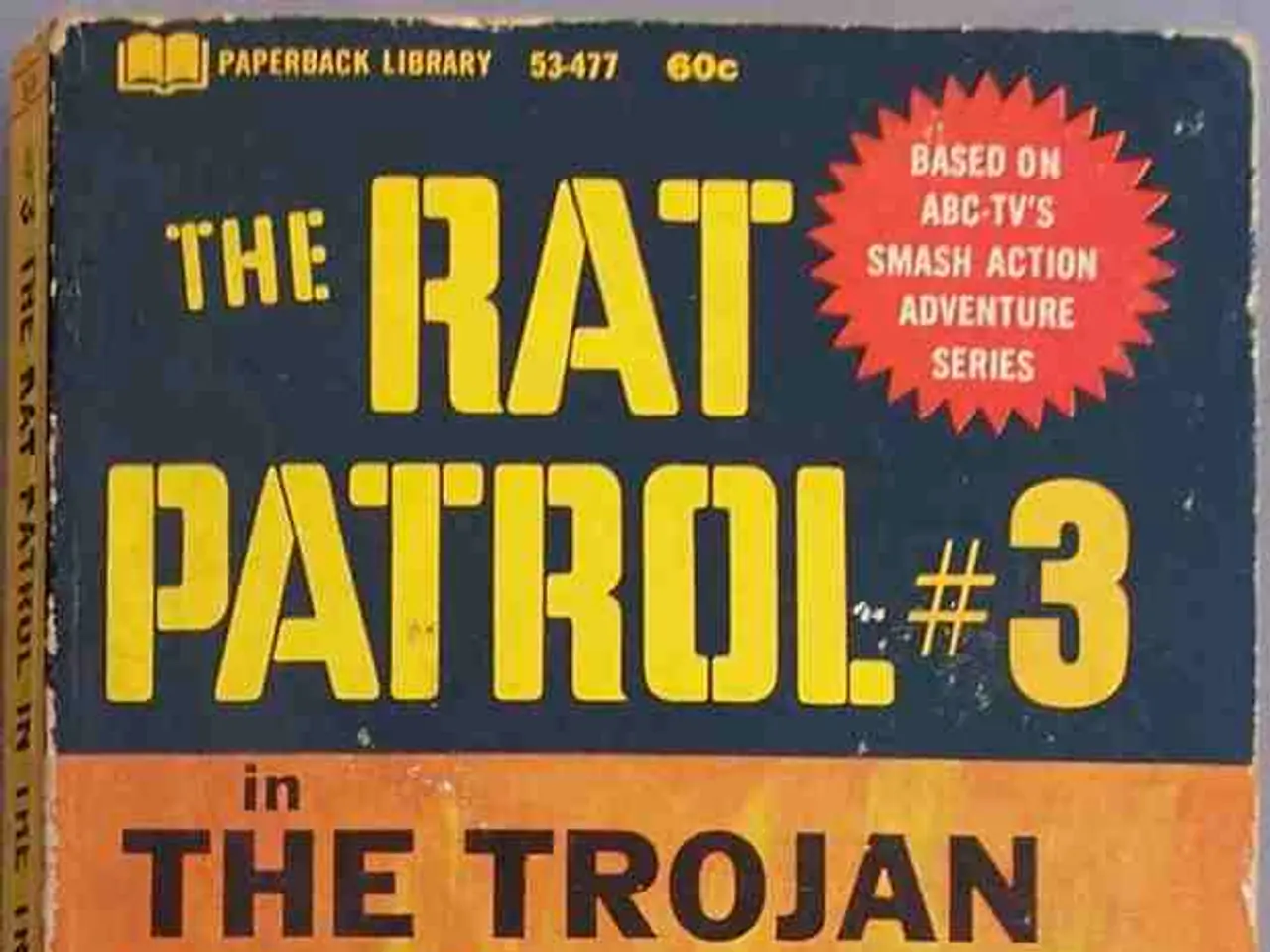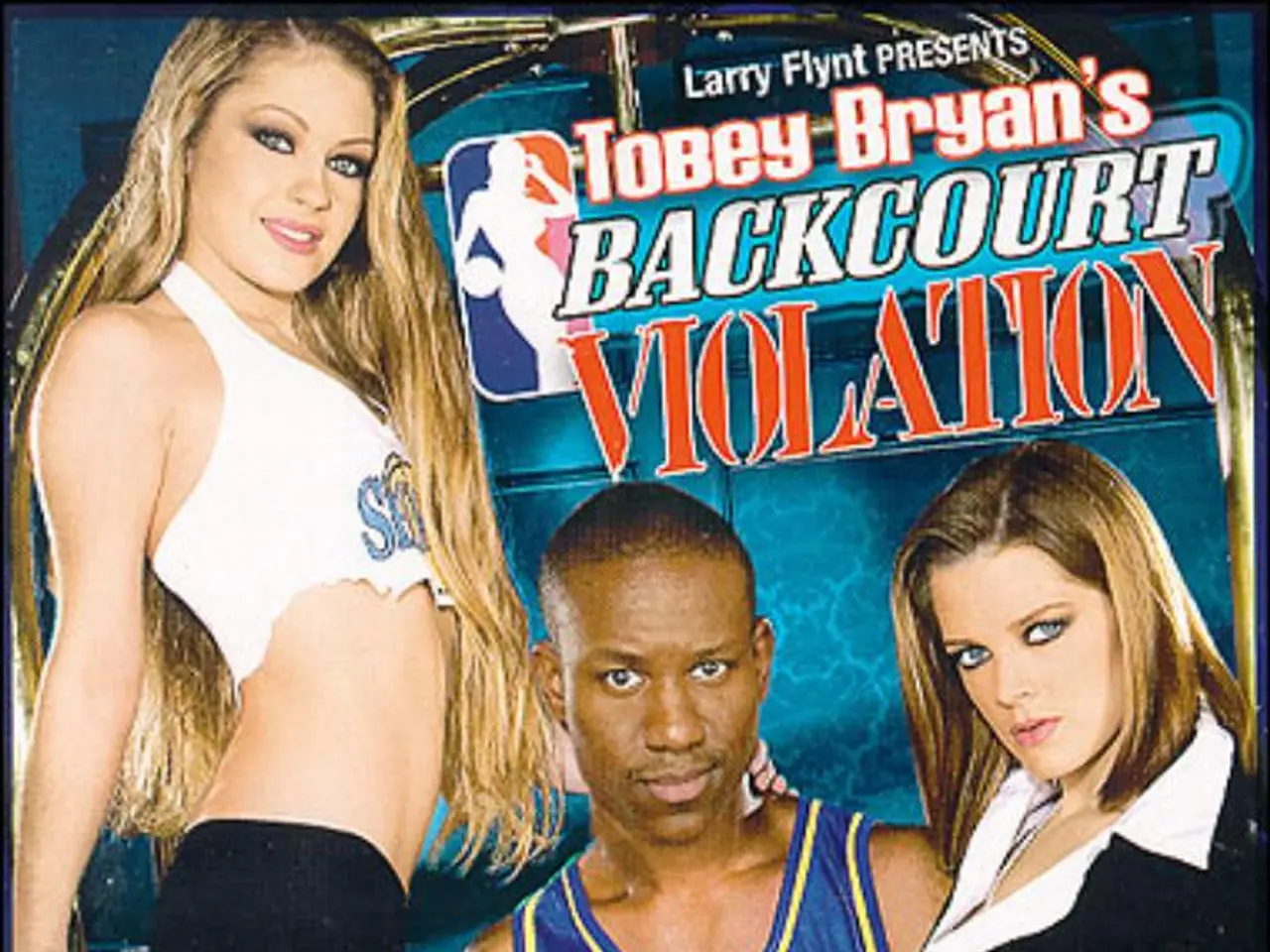Weekly $50 stipend spanning 40 weeks: The impact of unconditional financial assistance on teenagers' lives
In a groundbreaking study, the $50 Study at Rooted School and other high schools in New Orleans has shown that giving young people $50 a week without strings attached can lead to improved school attendance, enhanced financial literacy, and increased self-efficacy among students.
The study, which involved over 380 students, was initiated at Rooted School, a local charter school, as an experiment to increase attendance. Students received $50 weekly for 40 weeks via debit cards, without any formal financial education. Despite this, students showed a cognitive shift in understanding financial concepts[1][3].
The study, the largest of its kind in the U.S., confirmed that direct unconditional cash transfers to high school youth from low-income families can yield meaningful benefits. Students used the money to meet basic needs and invest in their futures, attending an average of 1.23 more days per semester compared to those who did not[1][3].
Some students, like Kevin Jackson from Rooted School New Orleans, spent the $50 on non-essential items like posters, keyboards, and lights. However, others, such as Lyrik Grant from Carver High School, used the $50 for necessities like dance class attire and a college entrance exam. Interestingly, students who received the $50 felt more confident about making long-term financial decisions[1][3].
The city of New Orleans invested $1 million in January 2024 to bankroll another extension of the study, which has since grown to include eight other high schools in New Orleans and Rooted's sister campus in Indianapolis. The city funding not only expanded the $50 study but also set a longer timeline for the research: About 800 seniors who participate will have their data tracked for 18 months after their graduation[3][5].
Financially, the extra cash helped students acquire stronger long-term planning skills and familiarity with savings accounts and other financial products. On average, students ended the study with $300 saved away, which represents a 15 percent savings rate, triple the national average for American adults[3][5].
However, the politics may need to catch up to the research regarding cash transfer programs, according to Talia Livneh, senior director of programs for the Rooted School Foundation. Skeptics often worry about recipients using public dollars for drug use or other illicit behavior, despite the data not supporting that[3].
Despite some students using the cash for leisure activities, the overall impact of the $50 Study on school attendance, financial literacy, and self-efficacy among students is undeniable. The final report of the $50 study suggests that a little bit of spending cash can make a difference in young people's lives.
References:
[1] The Hechinger Report. (2022, February 2). Giving students cash can improve school attendance and boost financial literacy. Education Week. [3] The Hechinger Report. (2023, January 10). New Orleans' $50 study shows cash transfers can help improve attendance and financial literacy. The Advocate. [5] The Hechinger Report. (2023, April 17). The $50 study in New Orleans: A closer look at the impact of unconditional cash transfers on high school students. The 74 Million.
- The $50 Study, initiated at charter schools like Rooted School, has demonstrated that unconditional cash transfers can foster improved school attendance, increase financial literacy, and boost self-efficacy among students.
- Surprisingly, some students utilized the funds for personal-finance investments, such as dance class attire or college entrance exam fees, while others purchased non-essential items suggesting a personal-finance education may not be necessary for financial improvement.
- The study's expansion to eight more schools in New Orleans and Indianapolis is evidence that education-and-self-development initiatives like the $50 Study have immense potential for impacting young people's lives through innovation and addressing inequality.




